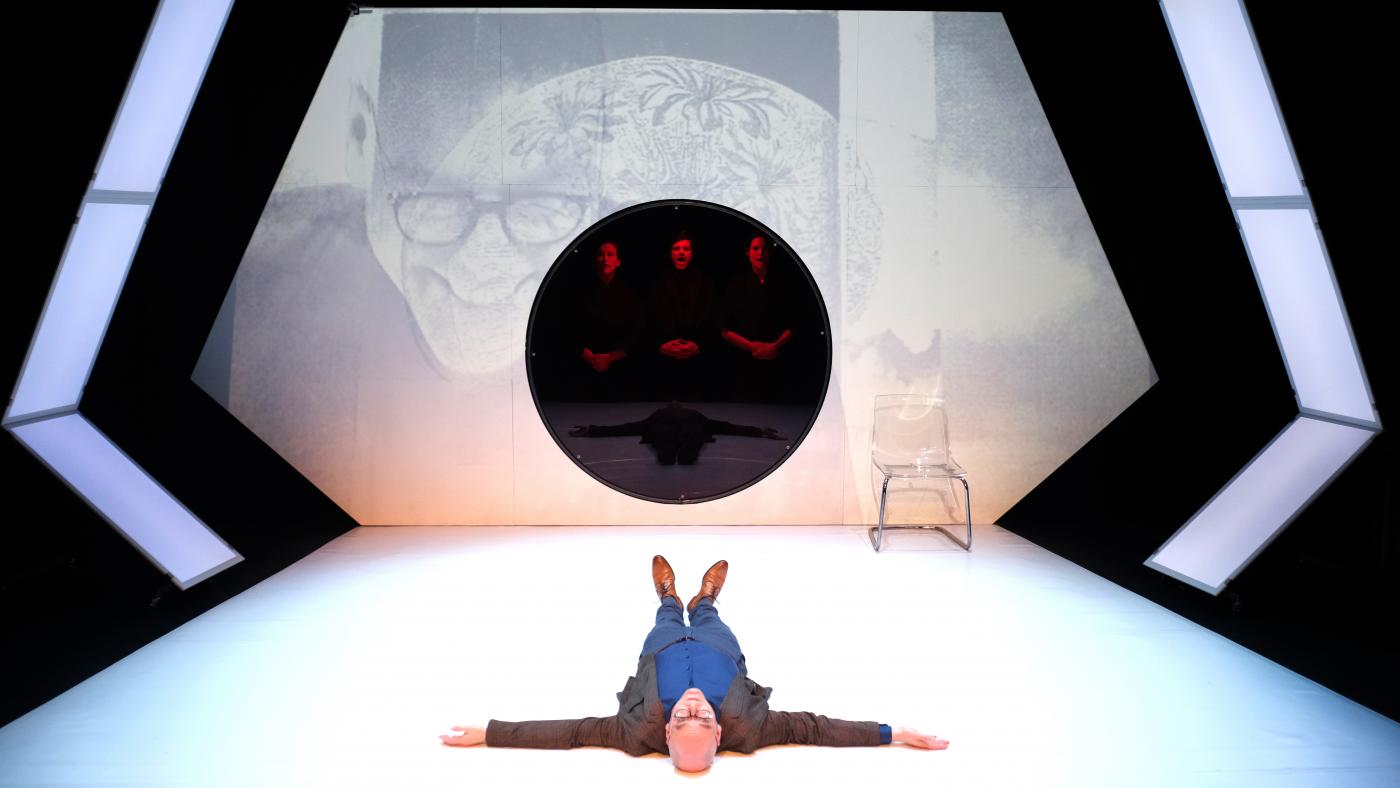Mooc on scientific integrity: ‘There are a lot of grey areas in science’

To the UUers behind the initiative, the need for a publicly available course as a complement to the required training on scientific integrity has been evident for years. Bert Theunissen, Professor of History of the Natural Sciences, was one of the people involved with the development of the so-called Massive Open Online Course (Mooc), which has been available since September on the platform Elevatehealth under the name Integrity in Practice.
Theunissen thinks the course can serve as an introduction for those interested in the subject. The target audience is expected to be on the level of a third-year Bachelor’s student or an early Master’s student. They should also be able to grasp some English. “There are so many people who want to know more about the subject, but are perhaps unable to find ways to learn more about it. An introductory course for everyone can offer a solution. When we were developing this Mooc, we thought: 'if it’s public, then people from outside UU should have access to it as well'. They can also participate if they live in China or the USA.”
The Mooc can help students and other interested people to apply the Dutch Code of Conduct on Scientific Integrity in practice. The code, developed by the Royal Netherlands Academy of Arts and Sciences (KNAW) and Universities of the Netherlands (formerly VSNU), among other parties, is often introduced as part of Master’s programmes.
In the course, the code of conduct is applied to scientific practice. Several scenarios about integrityt, which can occur during scientific groupwork or when using data science, are considered. “Course participants learn strategies for handling any integrity problems they might encounter.”
Theunissen hopes the Mooc will inspire students to look further. “A course moderated by a teacher who keeps you on track, and that allows for interactive discussions, is necessary for anyone who really wants to examine scientific integrity in depth. That is not possible in a Mooc, which is why there are also Spocs (Small Private Online Courses) meant for UU students and researchers. These shorter courses are about more specific topics, like authorship and writing an article. The Mooc is more general.”
The scientific process is messy
Students must be aware of the code of conduct, and act accordingly. They are told not to falsify data or plagiarise. But true science fraudsters are rare. “In science, you inevitably encounter questions about scientific integrity, regardless of your intentions”, says Theunissen. “The idea is that science is rational, objective and logical, as long as you follow all the rules. But we think: 'the scientific process is messy. There are lots of grey areas. When are you acting like you should as a scientist?'”
Theunissen mentions a research staff member asking an intern for the data they have generated as an example of an integrity issue that happens on a daily basis. “Or when a promotor says a certain author should be added to the article once it is finished. Will you then say: ‘I’m not going to do that’? That’s not so easy in practice. People often say: ‘That’s how we will help you too down the line’.”
Power differentials
Theunissen hopes that the online course teaches participants an important lesson: “If you have a scientific integrity problem, make it someone else’s problem too. Don’t try to solve it on your own, but rather talk about it. You can start very horizontally, with fellow students. If that can’t alleviate the issue, then talking to a supervisor could be the next step. Student advisors, faculty-level contact persons and university-level counselors can be of help, too.”
He hopes students will be more equipped to cope with difficult situations. “Many of these issues arise from power struggles. Students are dependent and don't want to be seen as difficult to work with. So, it’s good for them to have some tricks up their sleeve that can help decrease such imbalances.”
In the developmental phase of the course, students asked Theunissen whether senior researchers are also part of the course’s target audience. After all, requests made by seniors often cause integrity problems. Theunissen: “We agree with that statement. I think developing a course for supervisors will be our next step. Some Dutch universities are already have them.”
More attention
Theunissen thinks the subject has been receiving more attention recently. The play MindLab, recently performed for UU students, showed situations related to scientific integrity. “Researchers found MindLab uncomfortable. More and more people realised that situations that were long considered normal, are actually not acceptable at all. The Mooc can make students more aware of this type of situations and help them examine and denounce them. Asking yourself 'is this right?' is an important first step.”
The new Recognition & Rewards system, which allows researchers to be judged on more than their publications, should also make sure that there are less issues with scientific integrity. “It used to be publish or perish”, Theunissen says. “Now that universities have realised that this does not result in a sustainable structure for science, the system is finally being depressurised. This also weakens any incentives for dubious behaviors. For instance, students often tell me that a statistically non-significant result feels like no result at all, which causes them to just try a bunch of different statistical tests. That really is driven by the pressure of the system.”
According to Theunissen, this shift in academia is happening worldwide. “Questionable research practices are often spoken about in literature. But this is frequently followed by an attempt to classify things as good or evil. I don’t think that should be done at all. What is acceptable in science is culture-dependent and can differ between fields and is culture-dependent. We should accept those grey areas.”